Health Tips
Struggling with Restless Kids and Lack of Focus?
A Simple Formula to Unlock Your Child’s Attention Span!
12 August 2025
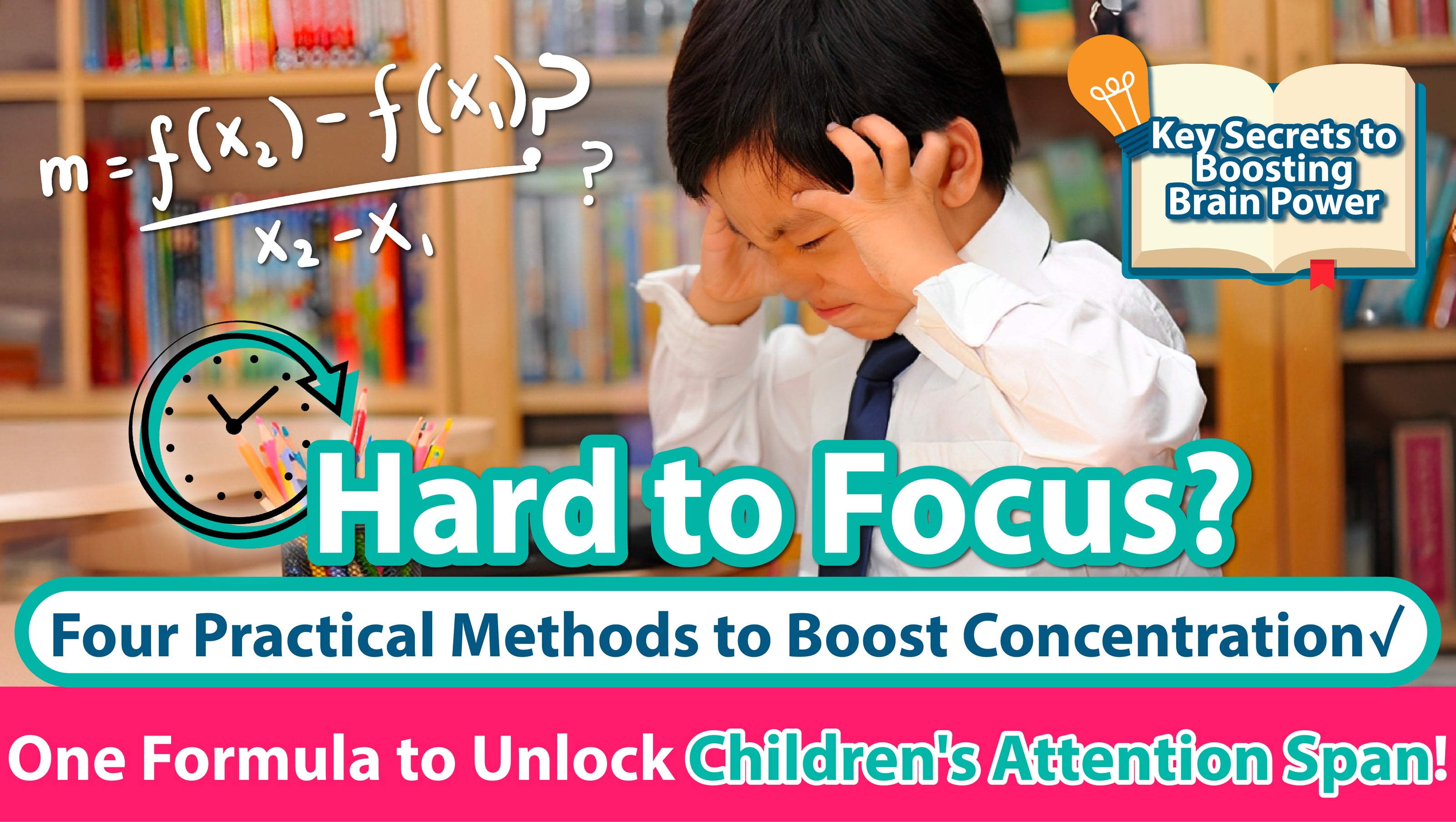
“Focus! Stop fidgeting!” is a common phrase parents use while helping kids with homework. When children can’t sit still or struggle to concentrate, it often leaves parents feeling frustrated. How long can a child focus? Are there ways to boost their attention span? Research shows that a child’s attention span is tied to their age and can be estimated with a simple formula, helping parents unlock their child’s focus potential and make learning more effective!
Attention Span Formula
According to educational psychology research, a child’s attention span is typically related to their age.
A simple formula is: Attention Span (minutes) = Age × 2 to Age × 5. For example:
- A 3-year-old can focus for about 6 to 15 minutes.
- A 6-year-old can focus for about 12 to 30 minutes.
- A 10-year-old can focus for about 20 to 50 minutes.
This range varies based on the child’s personality, environment, and task type, but it provides a reference framework for parents and teachers to plan learning or activity durations, preventing distraction or fatigue from overly long tasks.
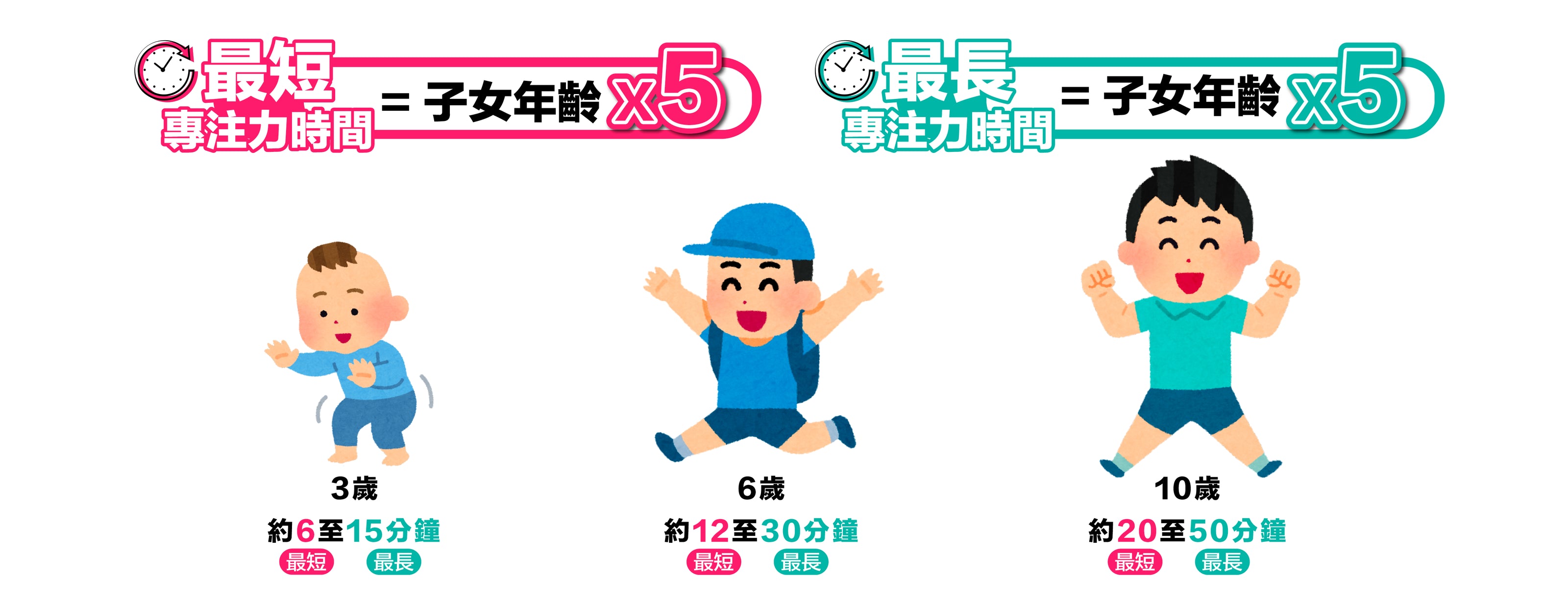
Why Children Struggle to Focus
A child’s attention span is influenced by multiple factors, including brain development, environmental stimuli, and interest level. The prefrontal cortex, responsible for self-control and focus, is not fully developed in young children, making it hard for them to concentrate on a single task for long. Additionally, the fast-paced digital media and constant stimuli in modern life may further shorten a child’s attention span. For children with attention difficulties or tendencies toward Attention Deficit Hyperactivity Disorder (ADHD), these challenges are particularly pronounced.

4 Practical Ways to Boost Focus
1. Segmented Learning with Timely Breaks
Based on the attention span formula, create a schedule that divides tasks into short segments within the child’s focus limit. For example, a 6-year-old can work for 15 minutes followed by a 5-minute break for stretching or drinking water to help refresh their attention.
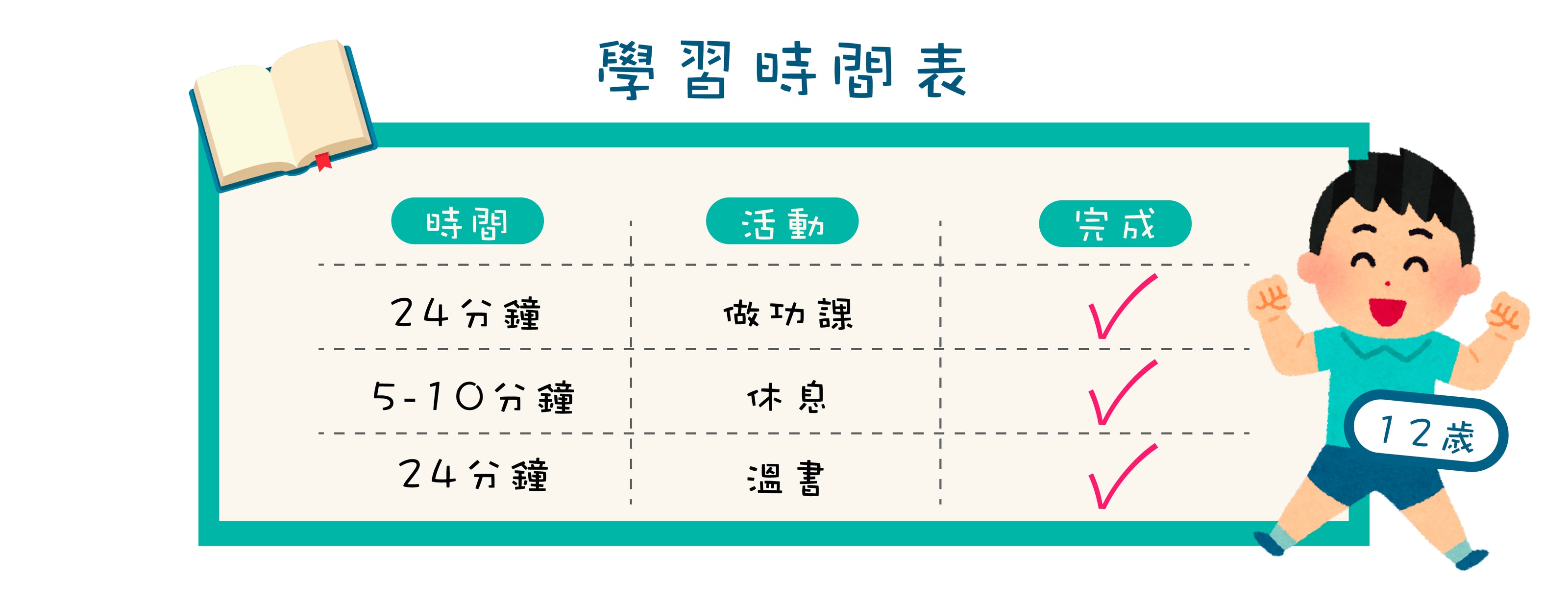
2. Create a Distraction-Free Environment
Minimize visual and auditory distractions by turning off the TV, putting away unrelated toys, and choosing a quiet study space. Research shows that a simple, clutter-free environment helps children focus better on tasks.
3. Incorporate Interests and Gamify Learning
Children stay focused longer on tasks they find interesting. Integrate learning with their favorite themes, such as using cartoon characters to teach math or stories to practice reading, to significantly boost engagement.
4. Supplement Essential Brain Nutrients
A balanced diet and regular exercise improve brain function, enhancing a child’s focus and emotional stability. Parents may consider brain health supplements to support learning ability and emotional regulation.
Tenchi Smart Brain: Science-Backed Brain Health Supplement
Developed by Japan’s leading health supplement manufacturer AFC, Tenchi Smart Brain enhances memory and focus, ideal for ADHD patients or those seeking better cognition. Made with all-natural extracts, it meets GMP and ISO22000 safety standards, is free of side effects, and is suitable for long-term use. Its key ingredients include:
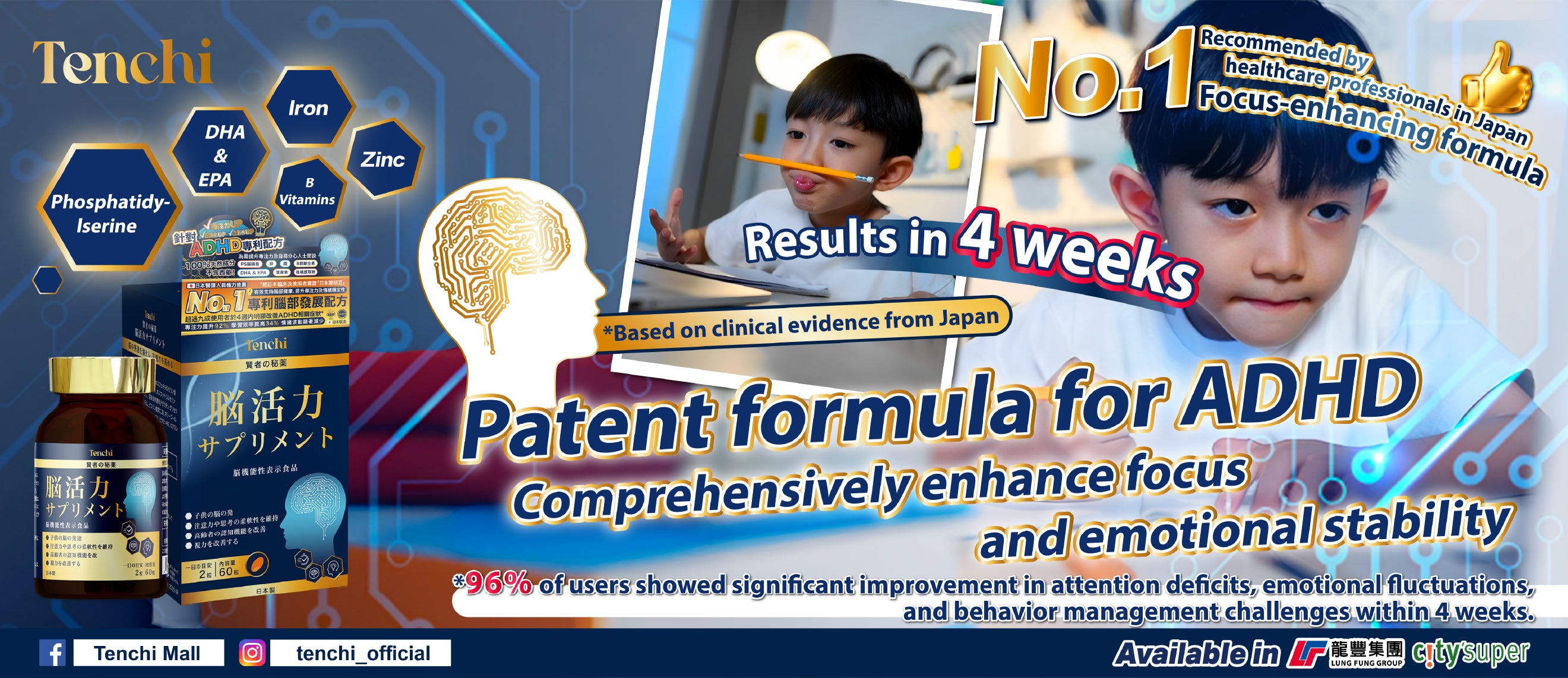
Key Ingredients and Benefits
- Phosphatidylserine (PS): 100 mg per serving (2 capsules). A key part of brain cell structure, PS improves brain cell communication, boosting focus, memory, and emotional stability.
- Omega-3 Fatty Acids: 200 mg DHA and 150 mg EPA per serving. DHA supports brain development, enhancing attention and learning. EPA regulates neurotransmitters like dopamine and serotonin, greatly supporting emotional stability and cognition, especially for ADHD management.
- Walnut Extract: Rich in antioxidants and polyphenols, called a “brain protector,” it supports brain cell health and reduces inflammation.
- Zinc: Enhances nerve signal transmission, helping ADHD individuals stabilize emotions, improve focus, and boost reaction speed.
- Iron: Increases oxygen transport in the blood, revitalizing brain function, improving cognition and learning efficiency, and alleviating fatigue and attention deficits from iron deficiency.
- Lutein: Protects brain and optic nerves, boosting learning and cognition.
- Vitamin B Complex: Improves brain energy metabolism, reduces fatigue, stabilizes mood, and enhances learning efficiency.
These ingredients work together to enhance memory and focus, improve emotional stability, and reduce ADHD-related impulsivity and social difficulties.
Scientific Evidence
Tenchi Smart Brain is ideal for children with ADHD or suspected ADHD tendencies, improving cognition and emotional stability. Its natural formula, free of hormones or pharmaceuticals, has no side effects and is safe for long-term use.
- Improves Focus by 92%
- Enhances Memory by 80%
- Reduces Emotional Fluctuations
For ADHD Individuals: Take 2 capsules twice daily, after breakfast and dinner, for best results.
For General or Suspected ADHD Individuals: Take 2 capsules once daily, after breakfast, to support consistent brain performance.
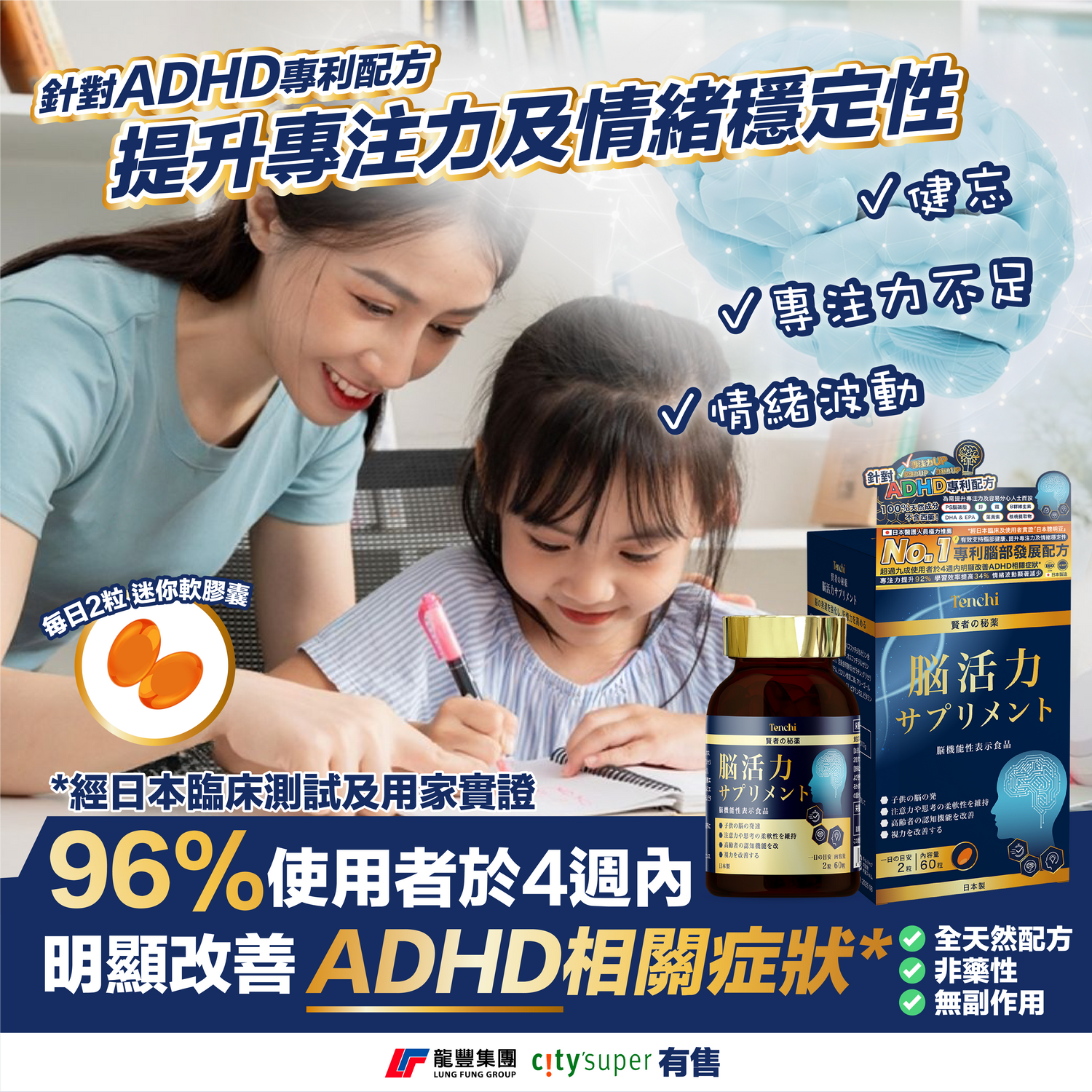
Product Advantages
Tailored for ADHD: Fully supports focus and emotional stability for ADHD-related symptoms.
All-Natural, High-Quality Ingredients: All components undergo strict quality testing for safety and effectiveness.
No Side Effects: Free of artificial additives or stimulants, suitable for long-term use.
Easy to Take: Mini soft capsules are easy to swallow, with no fishy or bitter taste.
Science-Backed: Based on recent clinical research and expert guidance, ensuring reliable results.
A child’s focus can improve with scientific methods and nutrition. Using the “age × 2 to age × 5” formula, parents can plan learning durations, paired with segmented learning, a distraction-free environment, and gamified teaching to help children develop focus in a calm setting.
Tenchi Mall
Tenchi Smart Brain

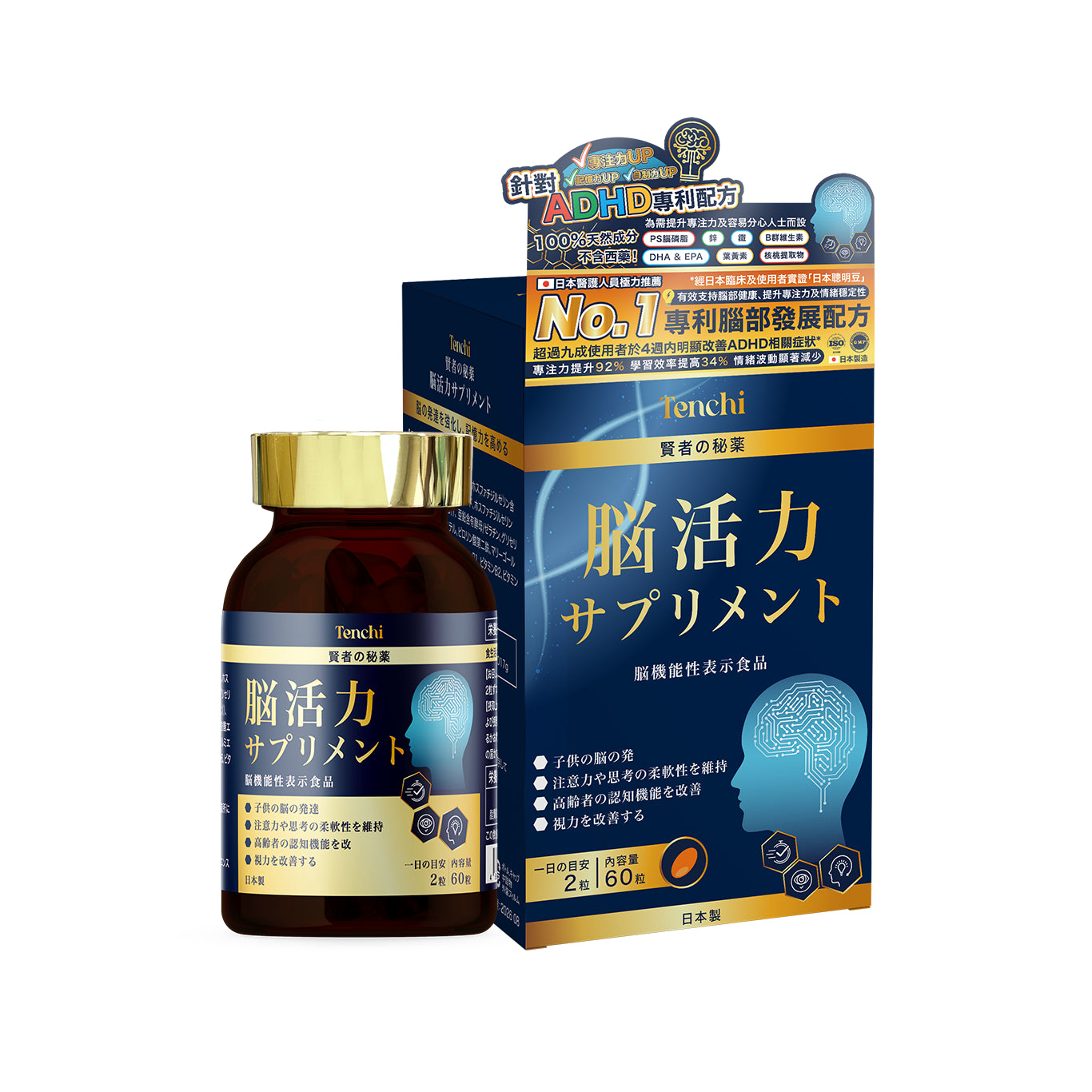
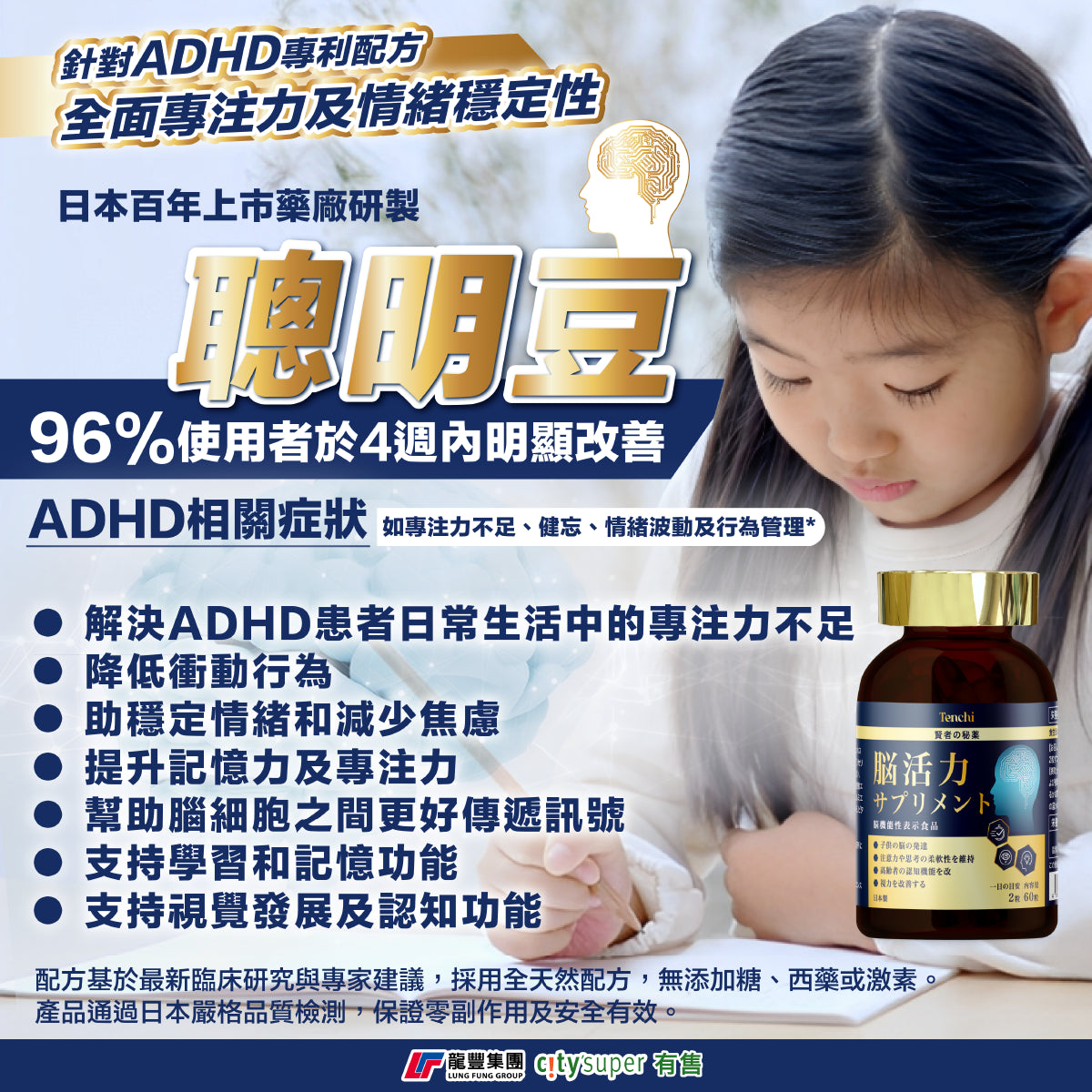
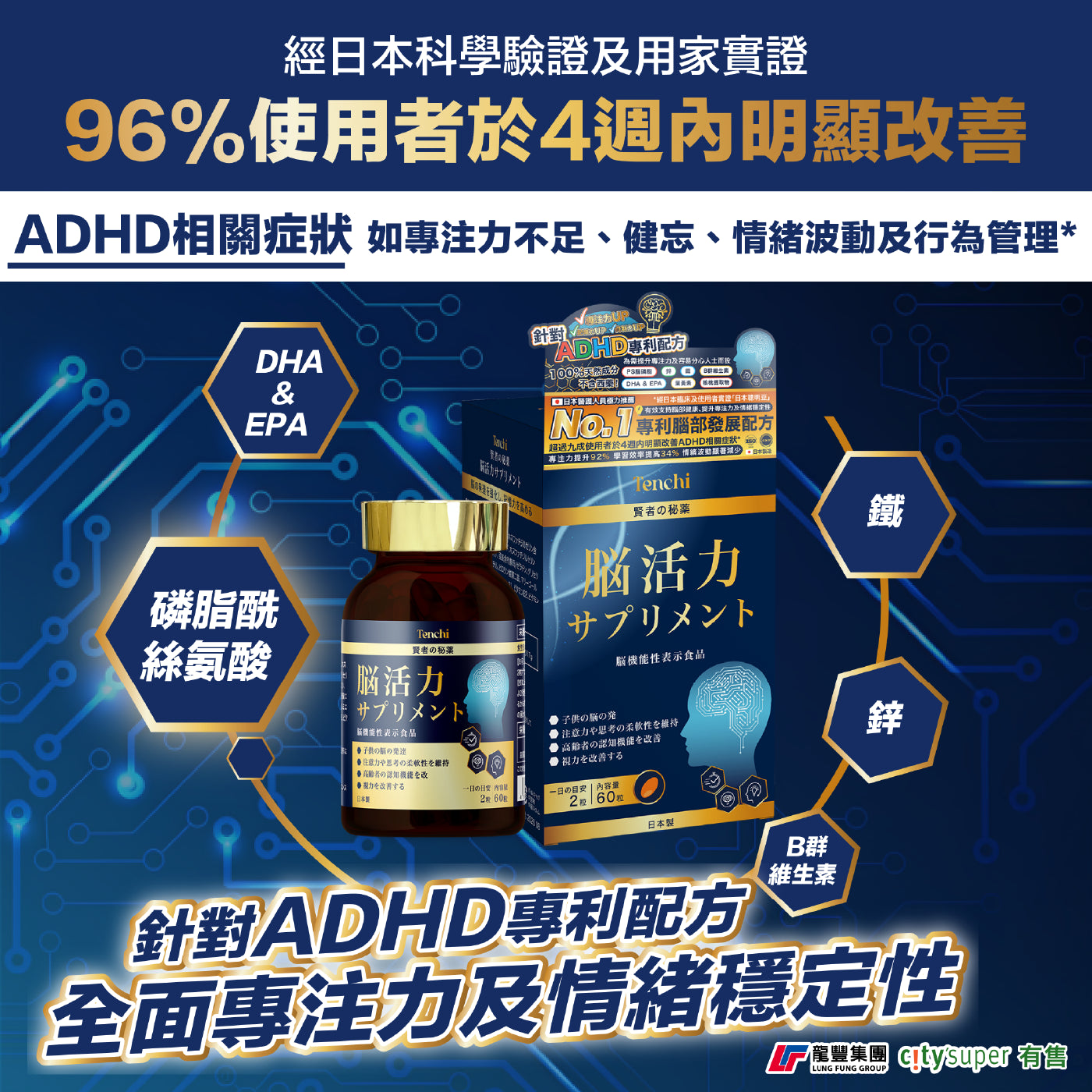
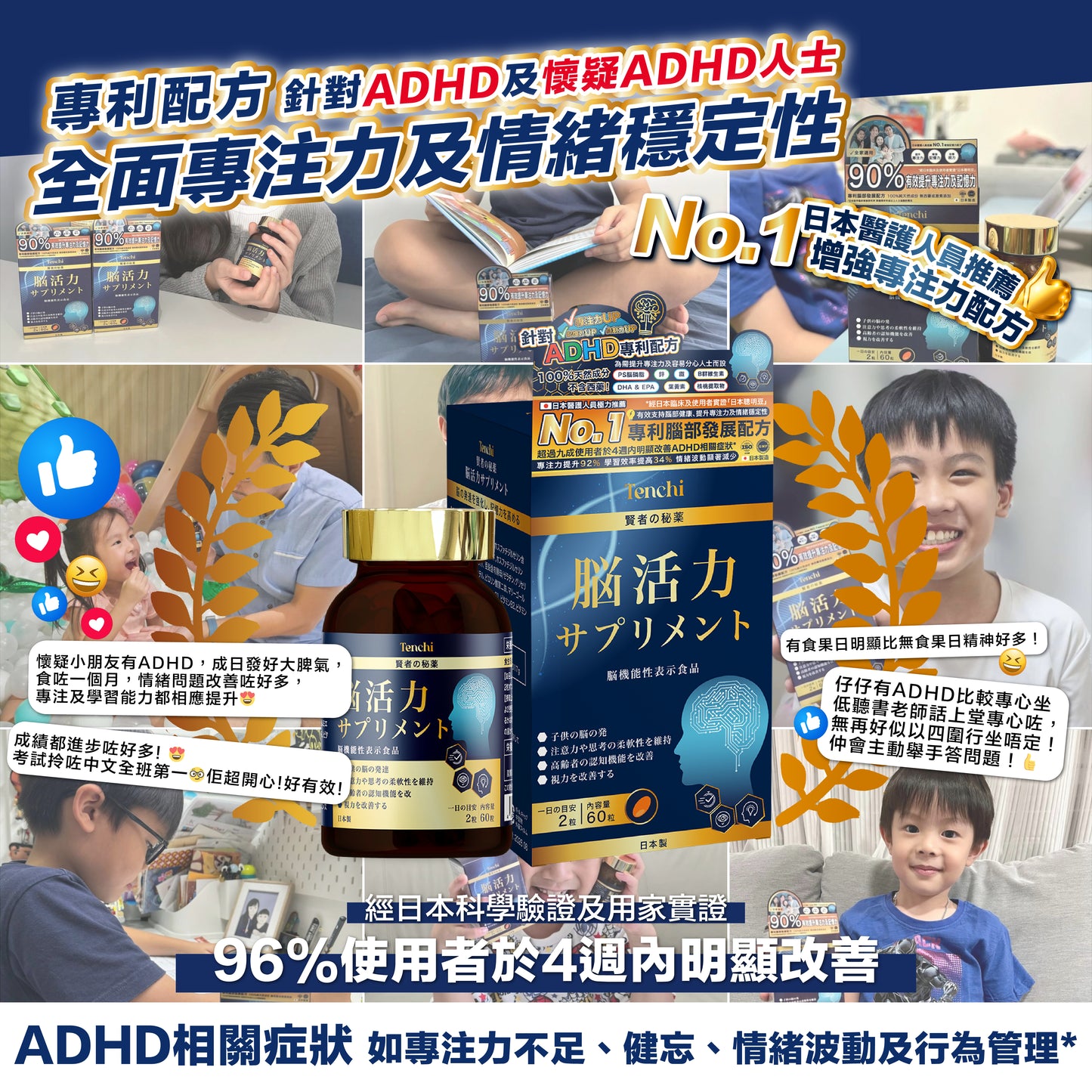
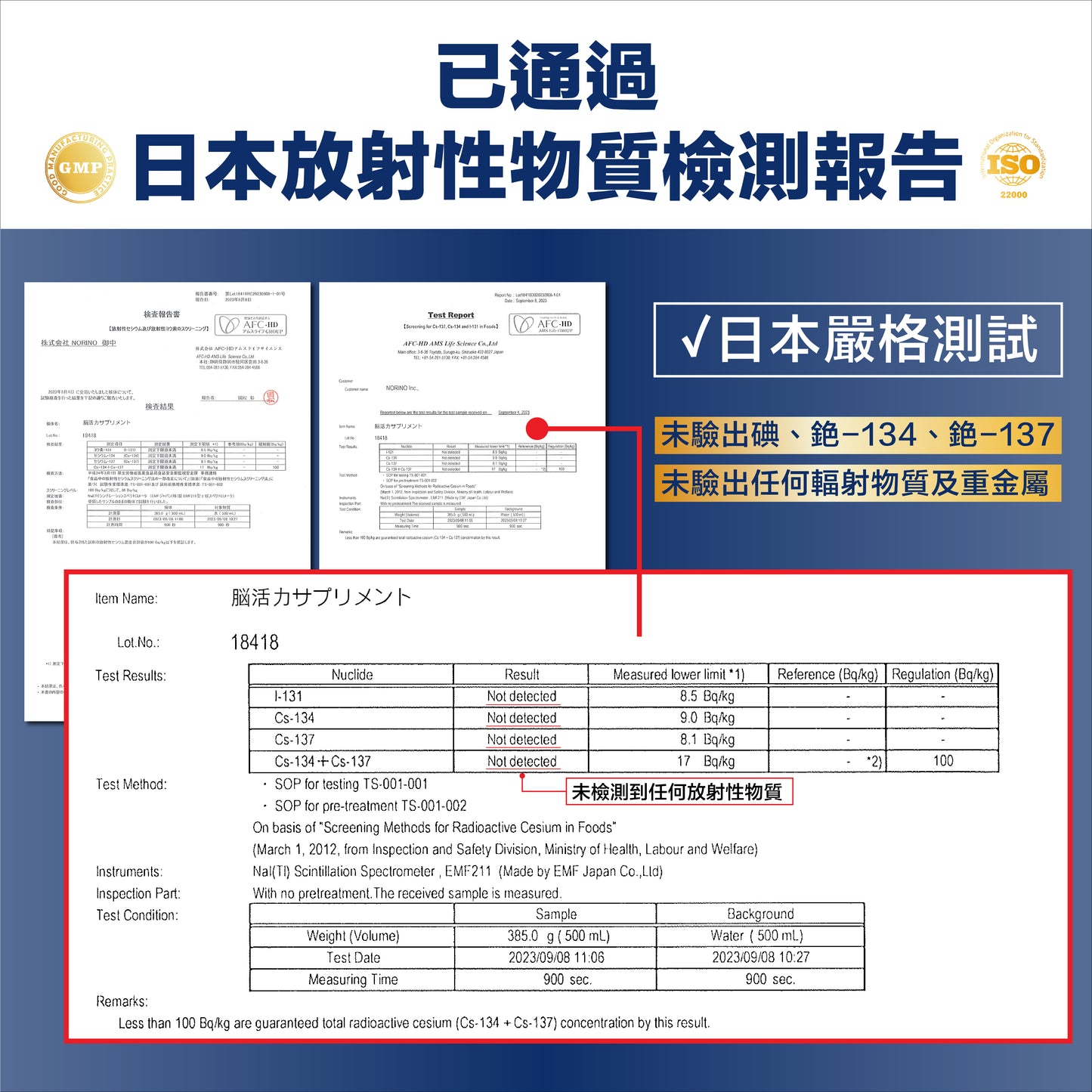

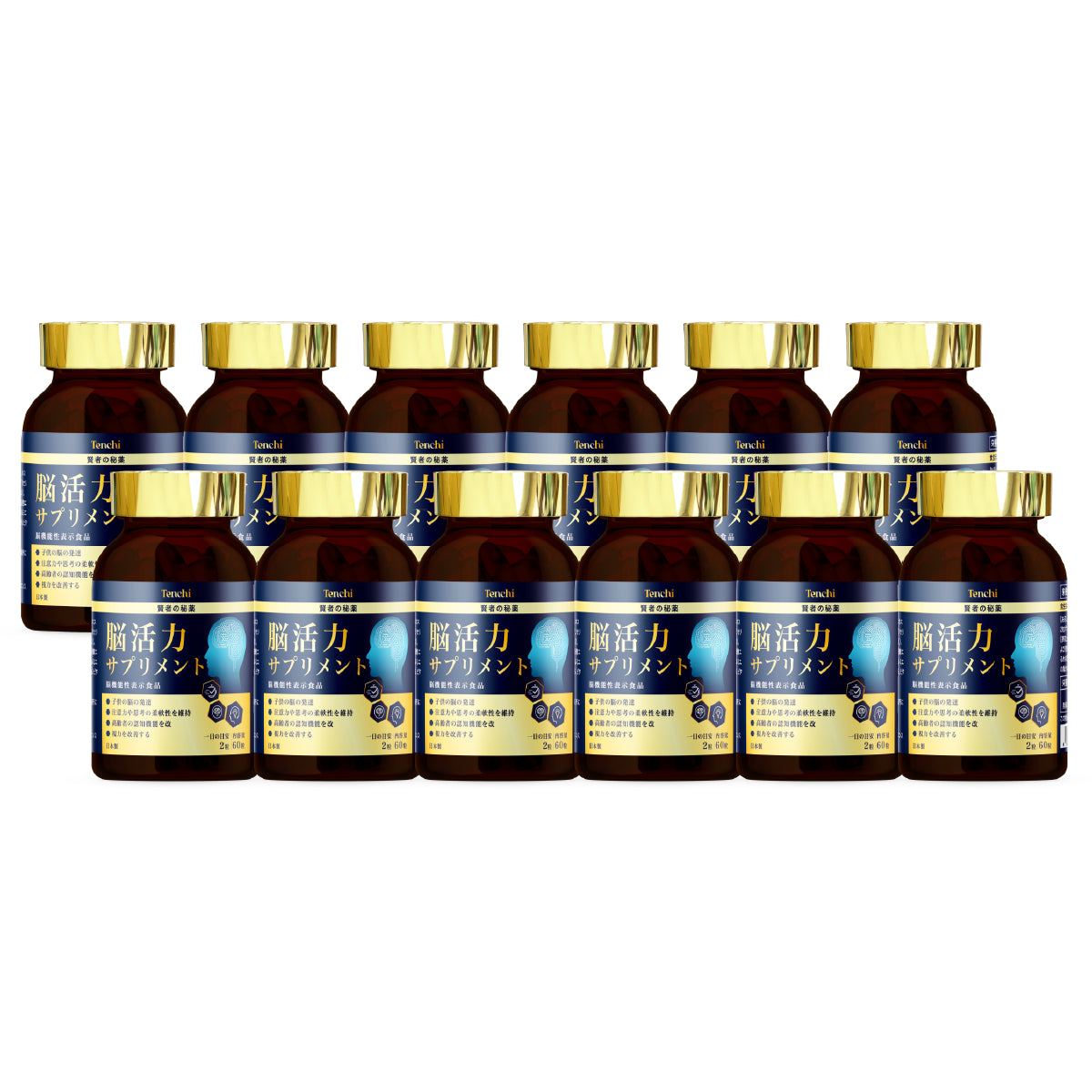
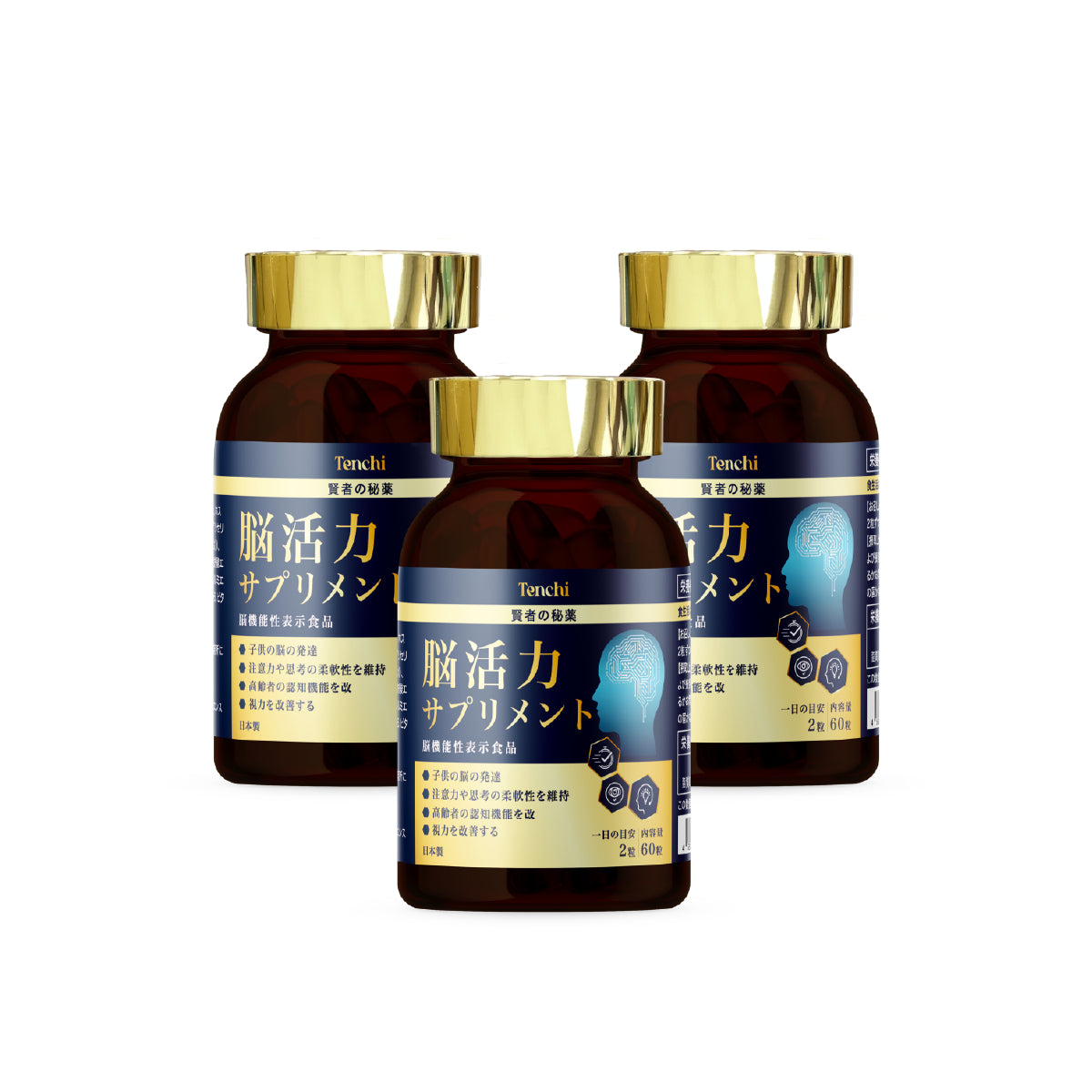
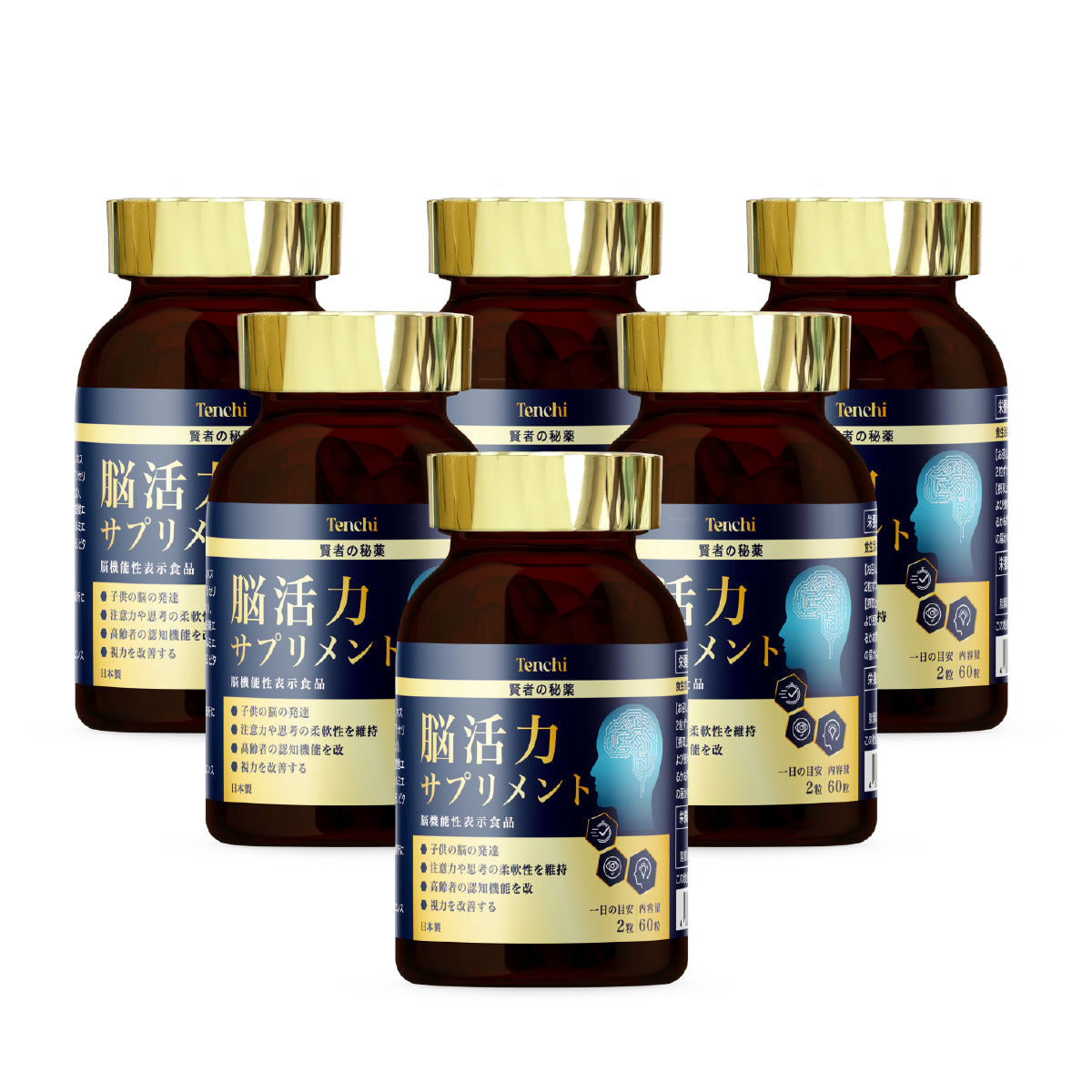
-
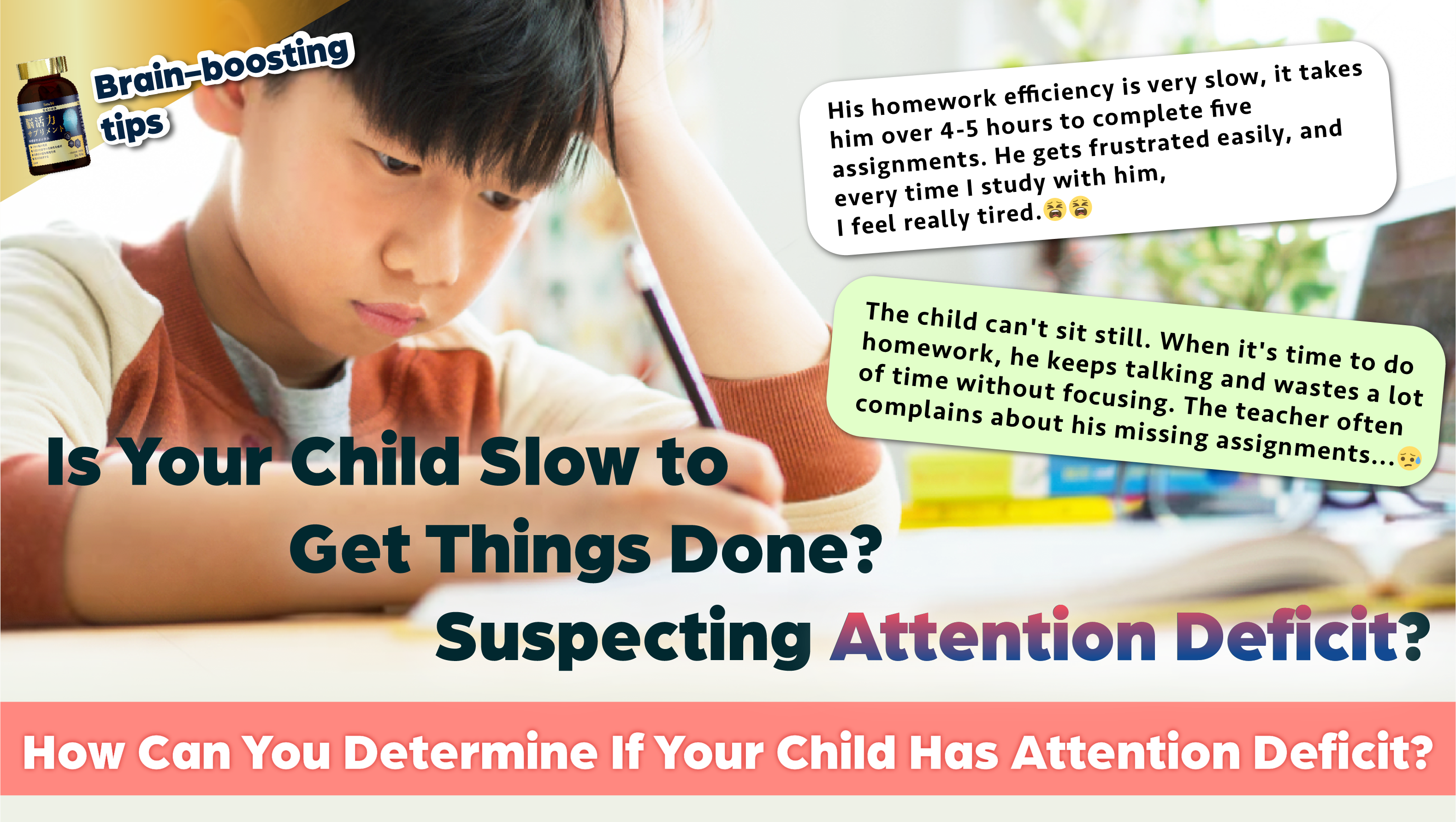
Is Your Child Slow to Get Things Done? Suspecting Attention Deficit?
Learn MoreDoes your child often seem restless, unable to sit still, or take a long time to finish tasks? Many parents run out of patience when helping their children study or complete homework, sometimes mistaking this behavior for mischief and scolding them. However, it may actually be a result of Attention Deficit (AD). What are the symptoms of attention deficit, and how can this issue be addressed? Let us explain!
-

Learn This Trick! Easily Adjust Your Body to Become Slimmer!
Learn More"Losing weight is so hard." This is a sentiment many people share. For some, it even becomes a lifelong mission! Many resort to extreme methods like dieting in an attempt to shed pounds. At first, it may seem effective—people can lose 2 to 3 kilograms, or even more, in a short time. However, after some time, they hit a plateau. Once they resume regular eating, their weight rebounds, sometimes with serious health consequences.
-

Say No to Steroids! Eliminate Eczema and Restore Your Baby-Smooth Skin!
Learn MorePeople with eczema often need to use topical steroids to control their condition. However, even with prolonged itching, it's important not to overuse these medications. Scratching the affected areas can lead to skin damage and expand the eczema's reach. Fortunately, many skincare brands are dedicated to researching solutions for the itching associated with eczema. A patented ingredient developed in collaboration with Kyoto University and Osaka University in Japan can quickly relieve eczema symptoms, alleviate itching, and help restore the skin barrier to address the problem at its source.
-
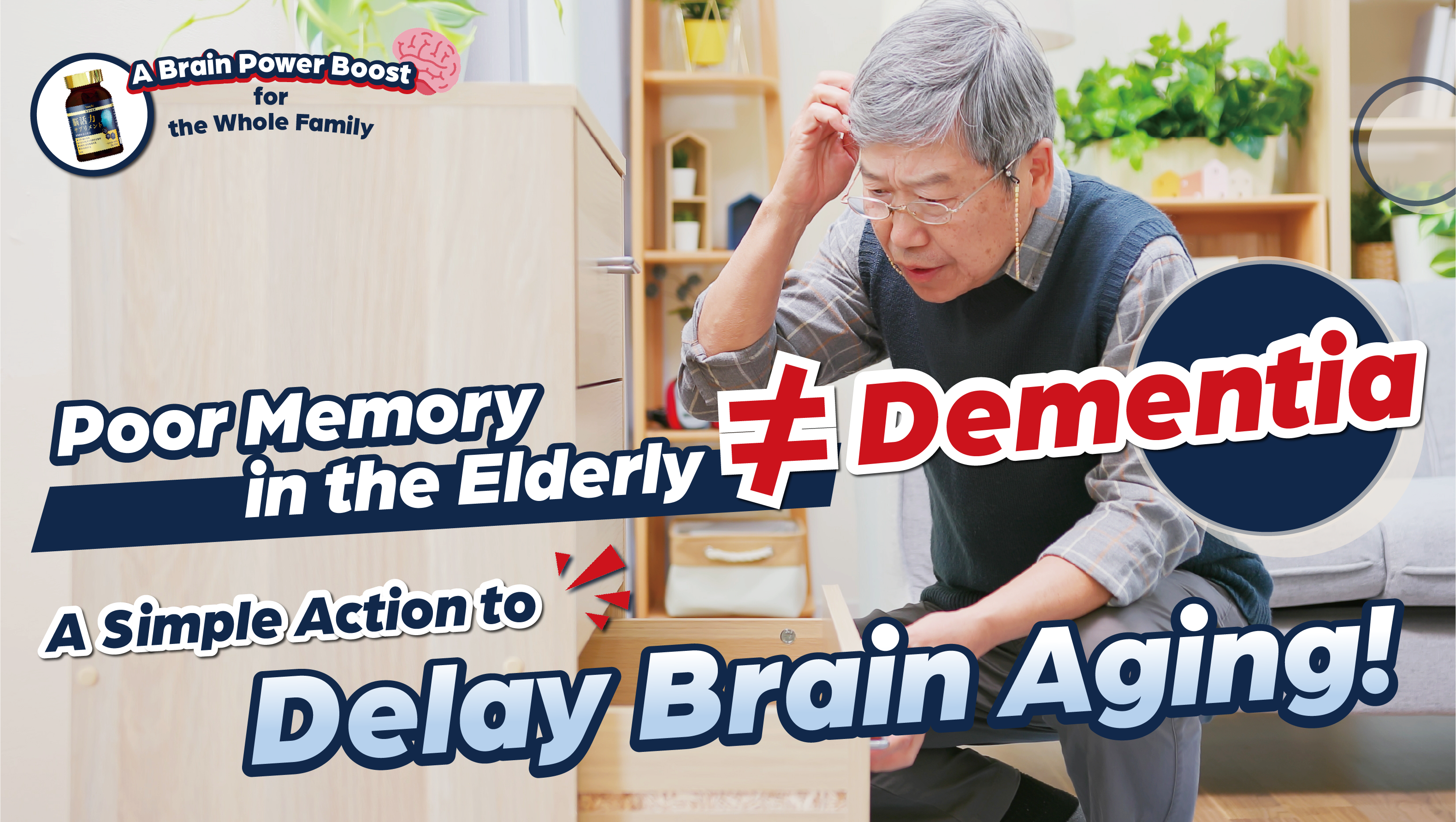
Poor Memory in the Elderly ≠ Dementia: A Simple Action to Delay Brain Aging!
Learn MoreAs we age, it’s common for memory to decline—forgetting names or where things are placed can cause concern about early signs of dementia. However, according to Japanese dementia specialist Dr. Yukimichi Imai, age-related memory loss and dementia are not the same, and there's no need to worry excessively about occasional forgetfulness. So, how can you differentiate between normal memory loss and dementia, and what can you do to prevent it? Let's explore!

























